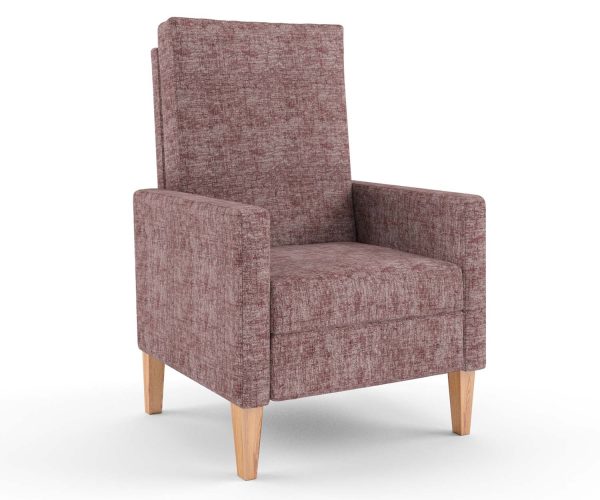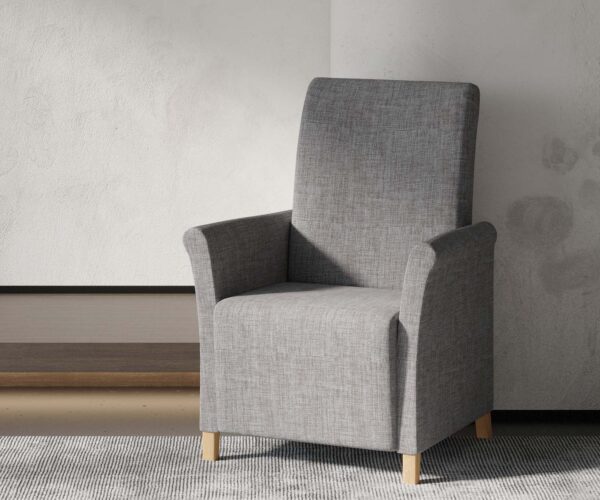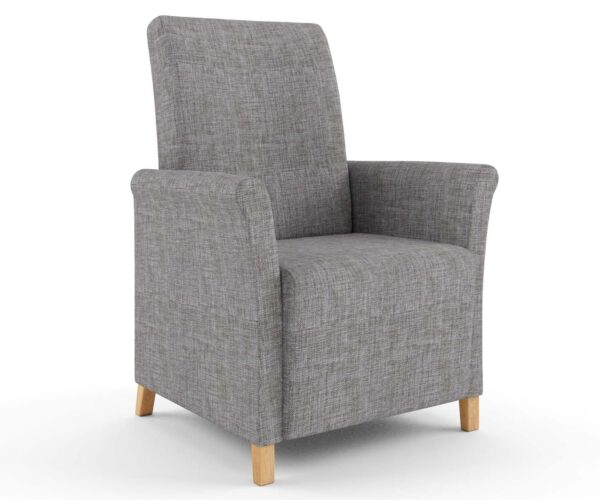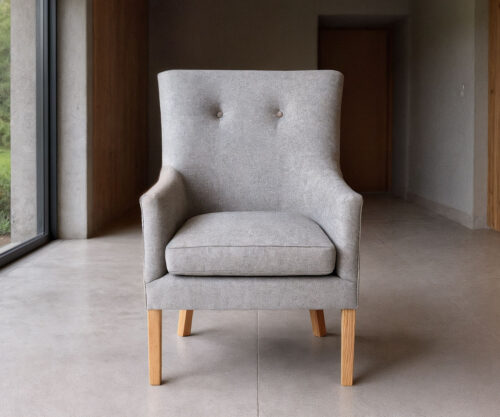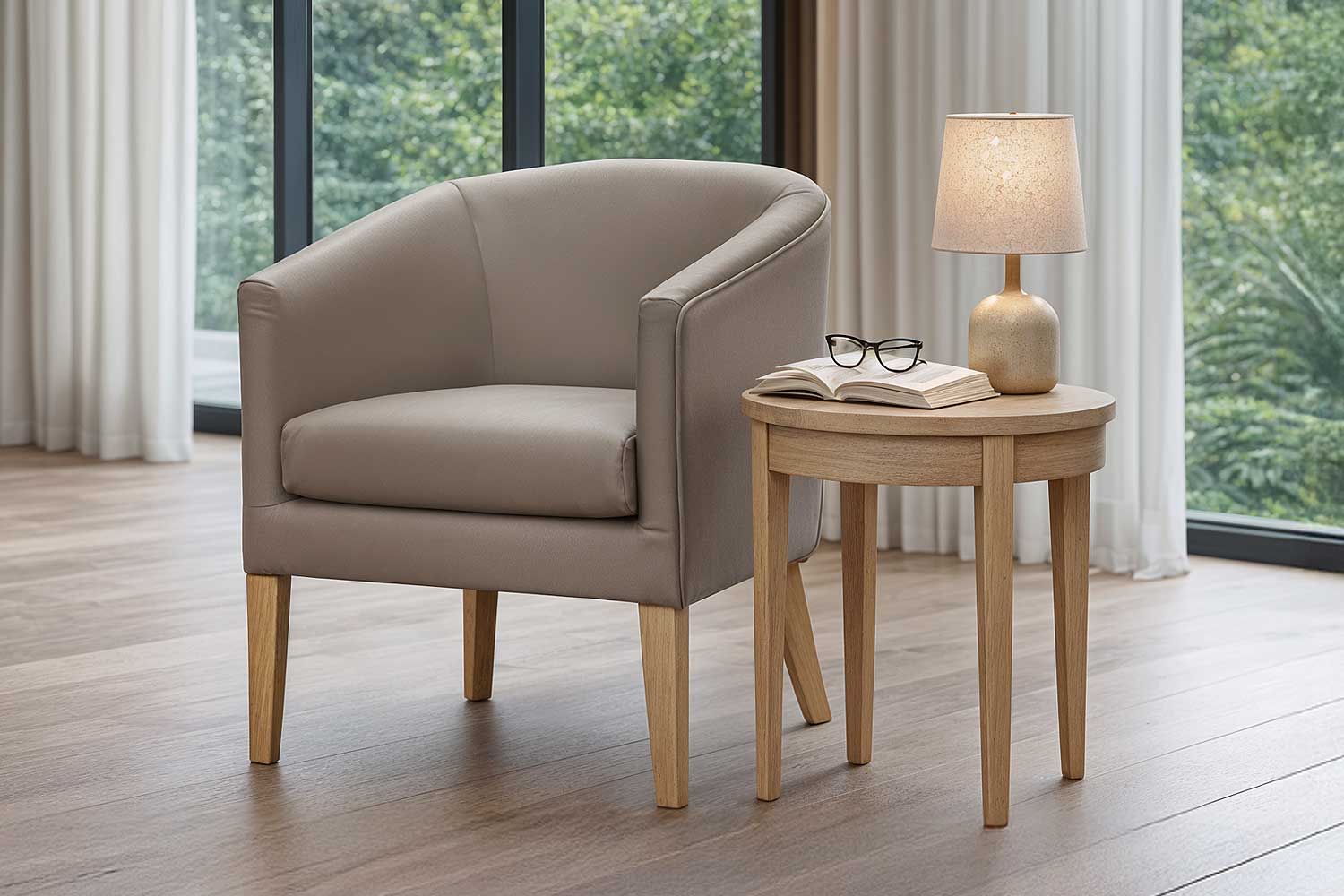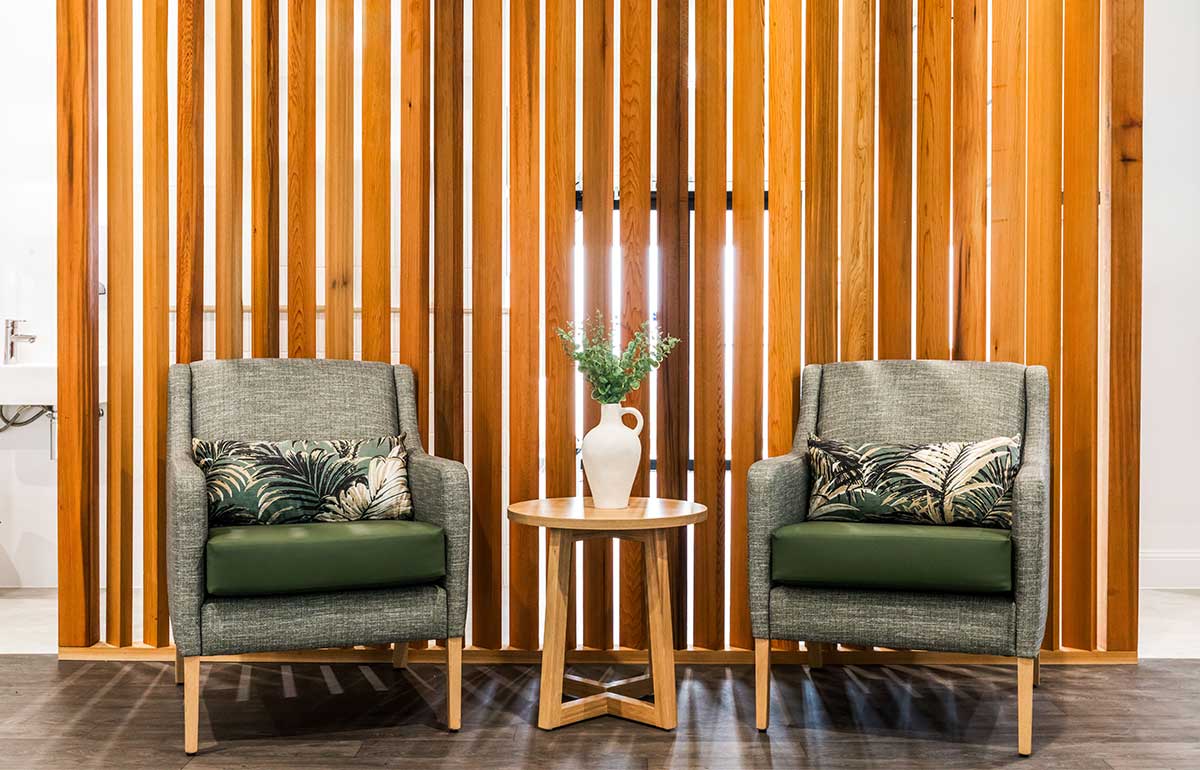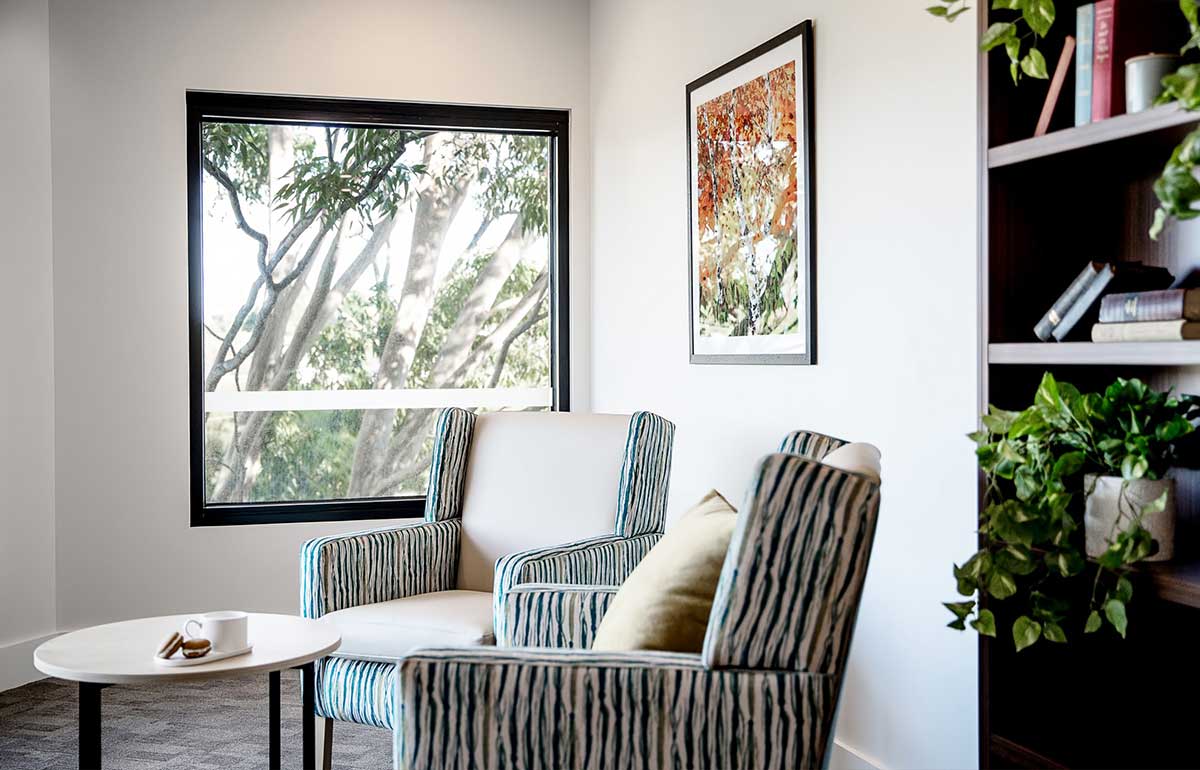A Game-Changer for Aged Care: New Agency Promises Improved Quality and Transparency

In an exciting development for the aged care industry, a new statutory agency, recommended by the Royal Commission into Aged Care Quality and Safety, has recently come into existence. This new entity, known as the Office of the Inspector-General of Aged Care, is set to revamp the way we ensure quality care for Australia’s older citizens. In this blog post, we’ll delve into the essential details of this agency, its mission, and its potential impact.
Join us as we explore this pivotal development in the world of aged care.
A New Beacon of Hope for Aged Care
The newly established Office of the Inspector-General of Aged Care is poised to become a beacon of hope for ensuring the welfare of Australia’s older generation. With its roots in the recommendations of the Royal Commission, this independent statutory authority will act as a guardian for the elderly, making sure they receive the care they deserve.
The Broad Functions of the Inspector-General
The Inspector-General’s role encompasses a wide range of critical functions designed to enhance the quality and transparency of aged care services in Australia. These functions include:
- Oversight of Reforms: The Inspector-General plays a pivotal role in overseeing the implementation of reforms aimed at addressing the recommendations put forth by the Royal Commission into Aged Care Quality and Safety. This involves closely monitoring the progress and effectiveness of these reforms to ensure that they lead to tangible improvements in the aged care sector.
- Government Oversight: One of the key responsibilities of the Inspector-General is to continuously monitor and investigate the Australian Government’s administration, governance, and regulation of the aged care system. By doing so, the Inspector-General can identify any potential shortcomings or areas that require improvement, ultimately ensuring that the government’s role in aged care is carried out effectively.
- Systemic Issue Identification: The Inspector-General conducts independent reviews to identify and investigate systemic issues within the aged care system. These reviews are crucial for uncovering underlying problems that may hinder the delivery of quality care to older Australians. By addressing these systemic issues, the Inspector-General helps pave the way for necessary improvements in the aged care sector.
- Reporting and Recommendations: An integral part of the Inspector-General’s role is reporting on its investigations and providing recommendations for improvement. These reports are shared with both the Minister and Parliament, ensuring that the insights gained from the Inspector-General’s work lead to informed decisions and positive changes in aged care services.
Operating at Arms Length
While the Inspector-General holds a critical oversight role, it’s important to note that its functions are high-level. The Inspector-General does not investigate individual complaints and actions. Instead, its focus remains on the broader aspects of aged care, ensuring that the system as a whole operates efficiently and in the best interest of older Australians.
Furthermore, the Inspector-General maintains a strong commitment to independence, operating at arm’s length from other entities. This independence is vital to ensure that its oversight remains effective, impartial, and transparent. By staying at a distance from other organizations, the Inspector-General can continue its vital work in monitoring, investigating, and improving the aged care system, ultimately serving the best interests of those in need of care.
New Responsibilities for Aged Care Providers
The recent establishment of the Inspector-General is just one of the pivotal changes currently reshaping the aged care sector in response to the Royal Commission’s recommendations. While the primary focus of this development is on enhancing oversight, accountability, and transparency in aged care, providers can expect limited direct effects. However, it’s essential to recognize that there may be some administrative adjustments.
A primary consideration for aged care providers is understanding their obligations when it comes to disclosing information to the Inspector-General. Even when handling sensitive or legally protected data, providers should be aware of their duty to cooperate with this oversight authority. It’s crucial to have internal processes in place to efficiently respond to requests from the Inspector-General while maintaining the confidentiality of sensitive information.
Given that the Inspector-General’s functions and powers operate at a high level, it’s unlikely that aged care providers will experience significant direct effects. Instead, the Inspector-General’s purpose will be more indirect, catalyzing systemic changes within the aged care system.
Identifying Systemic Issues to Ensure Accountability
The overarching goal of this new oversight mechanism is to drive improvements that benefit not only providers but, most importantly, the elderly individuals in their care. By identifying systemic issues, ensuring accountability, and fostering transparency, the Inspector-General’s influence will ultimately guide a positive transformation in the aged care sector.
Aged care providers should continue their commitment to delivering quality care while adapting to these evolving dynamics. By proactively engaging with these changes and aligning their internal procedures, providers can contribute to a more robust and compassionate aged care landscape for the future.
What the Experts Say
Dr. Anthony Marinucci, Chair of RACGP Specific Interests Aged Care, acknowledges the potential of this new agency. He comments, “It is a fully independent body which has been given the appropriate legislative powers to perform said investigation. However, I also remain skeptical. Often agency upon agency can create further bureaucracy and impediments to change. Ultimately, any mechanism that leads to improved transparency and outcomes should be supported.”
Associate Professor Paresh Dawda, a member of RACGP Expert Committee – Quality Care, represented the college at a roundtable that contributed to the establishment of the new agency. He believes that the agency, despite being a new structure, has the potential to make a significant difference. He mentions, “The statutory nature and independence of government and political party mean it creates an accountability structure which is positive.”
Leadership in Transition
Ian Yates, former Chief Executive of the Council on the Ageing (COTA), is currently serving as the acting Inspector-General. The government is in the process of selecting a permanent successor. This transition is a vital step in ensuring the long-term success of the agency.
The establishment of the Office of the Inspector-General of Aged Care is a pivotal moment in the aged care industry. It promises to be a powerful tool in the pursuit of quality care and transparency for Australia’s older citizens. While there are some reservations, the general consensus is one of optimism and support for this new statutory agency. It’s a step forward, a leap toward a brighter future for aged care in Australia.
FAQs About the Royal Commission into Aged Care Quality and Safety
What is the Royal Commission into Aged Care Quality and Safety?
The Royal Commission into Aged Care Quality and Safety was a formal inquiry initiated by the Australian government to investigate and address issues related to the quality and safety of aged care services provided to older Australians.
When was the Royal Commission established?
The Royal Commission was officially established on October 8, 2018, following an announcement by the Australian government on September 16, 2018.
What was the main objective of the Royal Commission?
The primary objective of the Royal Commission was to examine the quality and safety of aged care services, identify systemic issues within the aged care system, and make recommendations for improvements.
Who are the Commissioners leading the Royal Commission?
The Royal Commission was led by Commissioners who are appointed to conduct the inquiry. The Commissioners had the authority to hold hearings, gather evidence, and engage with a wide range of stakeholders.
What areas did the Royal Commission investigate?
The Royal Commission investigated various aspects of aged care, including the quality of care in residential and home-based settings, workforce practices, funding arrangements, regulatory frameworks, and any systemic issues contributing to substandard care.
How did the Royal Commission gather information and evidence?
The Commissioners conducted hearings where they listened to testimony from witnesses, including aged care providers, residents, families, industry experts, and advocacy groups. They also analyze documents, research, and other relevant materials to form a comprehensive understanding of the issues.
What was the timeline for the Royal Commission’s activities?
The Royal Commission began its activities in 2018 and submitted its final report to the Governor-General on February 26, 2021. The report contained findings, conclusions, and recommendations based on the inquiry.
What happens after the submission of the final report?
After the submission of the final report, the government reviews the recommendations made by the Royal Commission. The government is expected to consider these recommendations in developing policies and reforms for the aged care sector.
How can the public access information about the Royal Commission’s findings?
The findings and recommendations of the Royal Commission are made public through the release of its final report. This report is typically available online and may be accessible through official government channels.
Australian Made Furniture that Follows the Australian National Aged Care Design Principles and Guidelines
Aged care chairs should be both supportive (Guideline 1.9 – Supportive Seating) and appropriate (Guideline 2.8 – Appropriate Furniture).
Recent Updates
A Game-Changer for Aged Care: New Agency Promises Improved Quality and Transparency

In an exciting development for the aged care industry, a new statutory agency, recommended by the Royal Commission into Aged Care Quality and Safety, has recently come into existence. This new entity, known as the Office of the Inspector-General of Aged Care, is set to revamp the way we ensure quality care for Australia’s older citizens. In this blog post, we’ll delve into the essential details of this agency, its mission, and its potential impact.
Join us as we explore this pivotal development in the world of aged care.
A New Beacon of Hope for Aged Care
The newly established Office of the Inspector-General of Aged Care is poised to become a beacon of hope for ensuring the welfare of Australia’s older generation. With its roots in the recommendations of the Royal Commission, this independent statutory authority will act as a guardian for the elderly, making sure they receive the care they deserve.
The Broad Functions of the Inspector-General
The Inspector-General’s role encompasses a wide range of critical functions designed to enhance the quality and transparency of aged care services in Australia. These functions include:
- Oversight of Reforms: The Inspector-General plays a pivotal role in overseeing the implementation of reforms aimed at addressing the recommendations put forth by the Royal Commission into Aged Care Quality and Safety. This involves closely monitoring the progress and effectiveness of these reforms to ensure that they lead to tangible improvements in the aged care sector.
- Government Oversight: One of the key responsibilities of the Inspector-General is to continuously monitor and investigate the Australian Government’s administration, governance, and regulation of the aged care system. By doing so, the Inspector-General can identify any potential shortcomings or areas that require improvement, ultimately ensuring that the government’s role in aged care is carried out effectively.
- Systemic Issue Identification: The Inspector-General conducts independent reviews to identify and investigate systemic issues within the aged care system. These reviews are crucial for uncovering underlying problems that may hinder the delivery of quality care to older Australians. By addressing these systemic issues, the Inspector-General helps pave the way for necessary improvements in the aged care sector.
- Reporting and Recommendations: An integral part of the Inspector-General’s role is reporting on its investigations and providing recommendations for improvement. These reports are shared with both the Minister and Parliament, ensuring that the insights gained from the Inspector-General’s work lead to informed decisions and positive changes in aged care services.
Operating at Arms Length
While the Inspector-General holds a critical oversight role, it’s important to note that its functions are high-level. The Inspector-General does not investigate individual complaints and actions. Instead, its focus remains on the broader aspects of aged care, ensuring that the system as a whole operates efficiently and in the best interest of older Australians.
Furthermore, the Inspector-General maintains a strong commitment to independence, operating at arm’s length from other entities. This independence is vital to ensure that its oversight remains effective, impartial, and transparent. By staying at a distance from other organizations, the Inspector-General can continue its vital work in monitoring, investigating, and improving the aged care system, ultimately serving the best interests of those in need of care.
New Responsibilities for Aged Care Providers
The recent establishment of the Inspector-General is just one of the pivotal changes currently reshaping the aged care sector in response to the Royal Commission’s recommendations. While the primary focus of this development is on enhancing oversight, accountability, and transparency in aged care, providers can expect limited direct effects. However, it’s essential to recognize that there may be some administrative adjustments.
A primary consideration for aged care providers is understanding their obligations when it comes to disclosing information to the Inspector-General. Even when handling sensitive or legally protected data, providers should be aware of their duty to cooperate with this oversight authority. It’s crucial to have internal processes in place to efficiently respond to requests from the Inspector-General while maintaining the confidentiality of sensitive information.
Given that the Inspector-General’s functions and powers operate at a high level, it’s unlikely that aged care providers will experience significant direct effects. Instead, the Inspector-General’s purpose will be more indirect, catalyzing systemic changes within the aged care system.
Identifying Systemic Issues to Ensure Accountability
The overarching goal of this new oversight mechanism is to drive improvements that benefit not only providers but, most importantly, the elderly individuals in their care. By identifying systemic issues, ensuring accountability, and fostering transparency, the Inspector-General’s influence will ultimately guide a positive transformation in the aged care sector.
Aged care providers should continue their commitment to delivering quality care while adapting to these evolving dynamics. By proactively engaging with these changes and aligning their internal procedures, providers can contribute to a more robust and compassionate aged care landscape for the future.
What the Experts Say
Dr. Anthony Marinucci, Chair of RACGP Specific Interests Aged Care, acknowledges the potential of this new agency. He comments, “It is a fully independent body which has been given the appropriate legislative powers to perform said investigation. However, I also remain skeptical. Often agency upon agency can create further bureaucracy and impediments to change. Ultimately, any mechanism that leads to improved transparency and outcomes should be supported.”
Associate Professor Paresh Dawda, a member of RACGP Expert Committee – Quality Care, represented the college at a roundtable that contributed to the establishment of the new agency. He believes that the agency, despite being a new structure, has the potential to make a significant difference. He mentions, “The statutory nature and independence of government and political party mean it creates an accountability structure which is positive.”
Leadership in Transition
Ian Yates, former Chief Executive of the Council on the Ageing (COTA), is currently serving as the acting Inspector-General. The government is in the process of selecting a permanent successor. This transition is a vital step in ensuring the long-term success of the agency.
The establishment of the Office of the Inspector-General of Aged Care is a pivotal moment in the aged care industry. It promises to be a powerful tool in the pursuit of quality care and transparency for Australia’s older citizens. While there are some reservations, the general consensus is one of optimism and support for this new statutory agency. It’s a step forward, a leap toward a brighter future for aged care in Australia.
FAQs About the Royal Commission into Aged Care Quality and Safety
What is the Royal Commission into Aged Care Quality and Safety?
The Royal Commission into Aged Care Quality and Safety was a formal inquiry initiated by the Australian government to investigate and address issues related to the quality and safety of aged care services provided to older Australians.
When was the Royal Commission established?
The Royal Commission was officially established on October 8, 2018, following an announcement by the Australian government on September 16, 2018.
What was the main objective of the Royal Commission?
The primary objective of the Royal Commission was to examine the quality and safety of aged care services, identify systemic issues within the aged care system, and make recommendations for improvements.
Who are the Commissioners leading the Royal Commission?
The Royal Commission was led by Commissioners who are appointed to conduct the inquiry. The Commissioners had the authority to hold hearings, gather evidence, and engage with a wide range of stakeholders.
What areas did the Royal Commission investigate?
The Royal Commission investigated various aspects of aged care, including the quality of care in residential and home-based settings, workforce practices, funding arrangements, regulatory frameworks, and any systemic issues contributing to substandard care.
How did the Royal Commission gather information and evidence?
The Commissioners conducted hearings where they listened to testimony from witnesses, including aged care providers, residents, families, industry experts, and advocacy groups. They also analyze documents, research, and other relevant materials to form a comprehensive understanding of the issues.
What was the timeline for the Royal Commission’s activities?
The Royal Commission began its activities in 2018 and submitted its final report to the Governor-General on February 26, 2021. The report contained findings, conclusions, and recommendations based on the inquiry.
What happens after the submission of the final report?
After the submission of the final report, the government reviews the recommendations made by the Royal Commission. The government is expected to consider these recommendations in developing policies and reforms for the aged care sector.
How can the public access information about the Royal Commission’s findings?
The findings and recommendations of the Royal Commission are made public through the release of its final report. This report is typically available online and may be accessible through official government channels.




